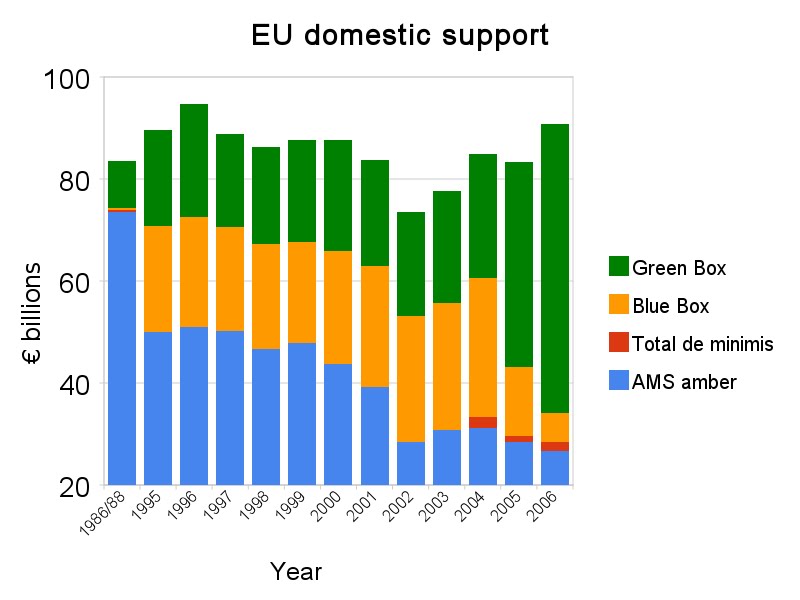Yesterday’s reshuffle of the Danish government included the appointment of a new minister for agriculture: Henrik Høegh. Less than a day into his new job, he is becoming embroiled in a political row over a perceived conflict of interest. The reason? Mr Høegh is a farmer who receives more than sixty thousand euro a year in EU farm subsidies.
Data on farm subsidies shows that since 2000, Mr Høegh has benefited from the CAP to the tune of 604,787 euros over the nine years from 2000 to 2008. Farm subsidies appear to be something of a Høegh family business: it seems his son and daughter are also significant recipients.… Read the rest


